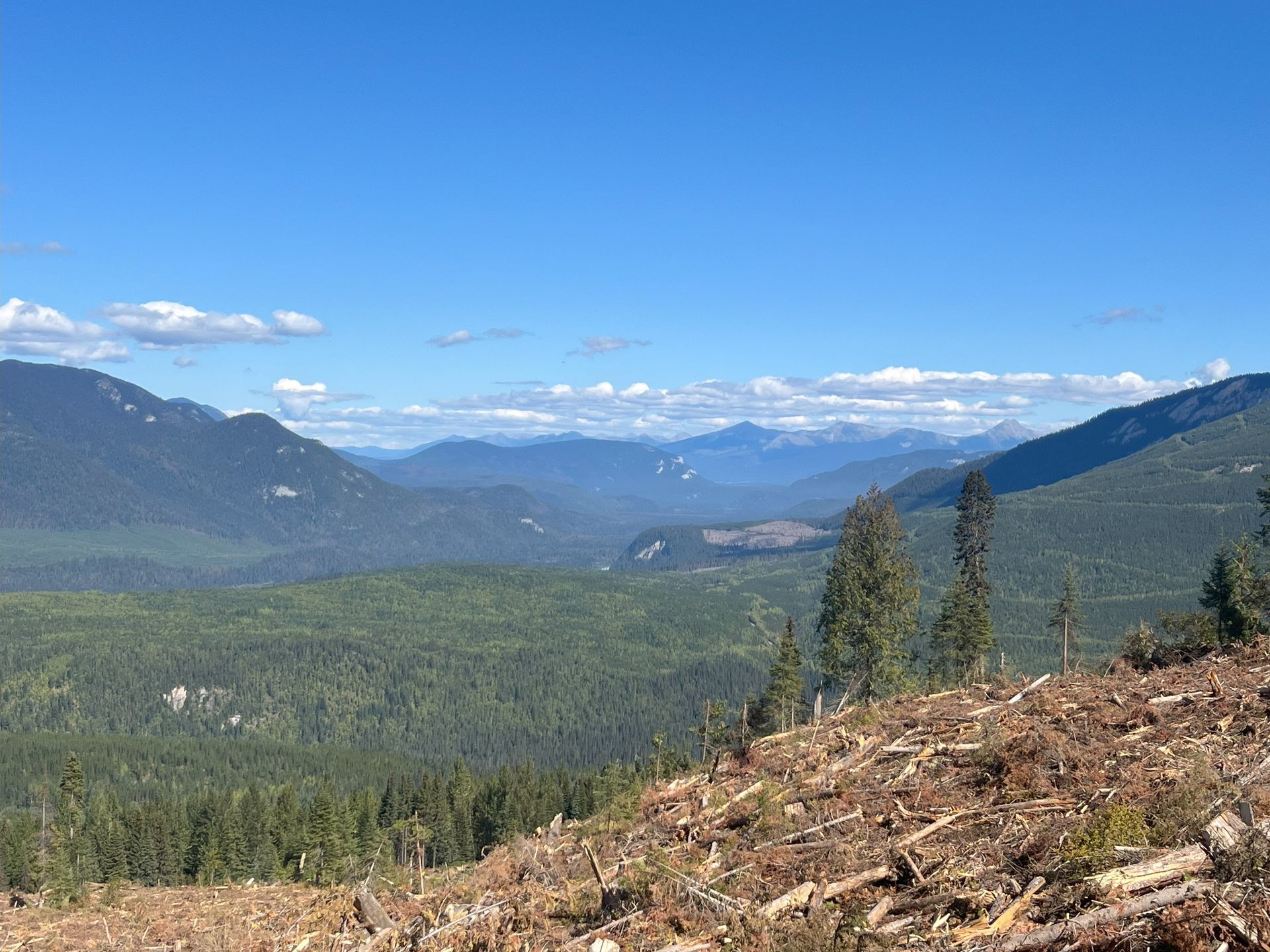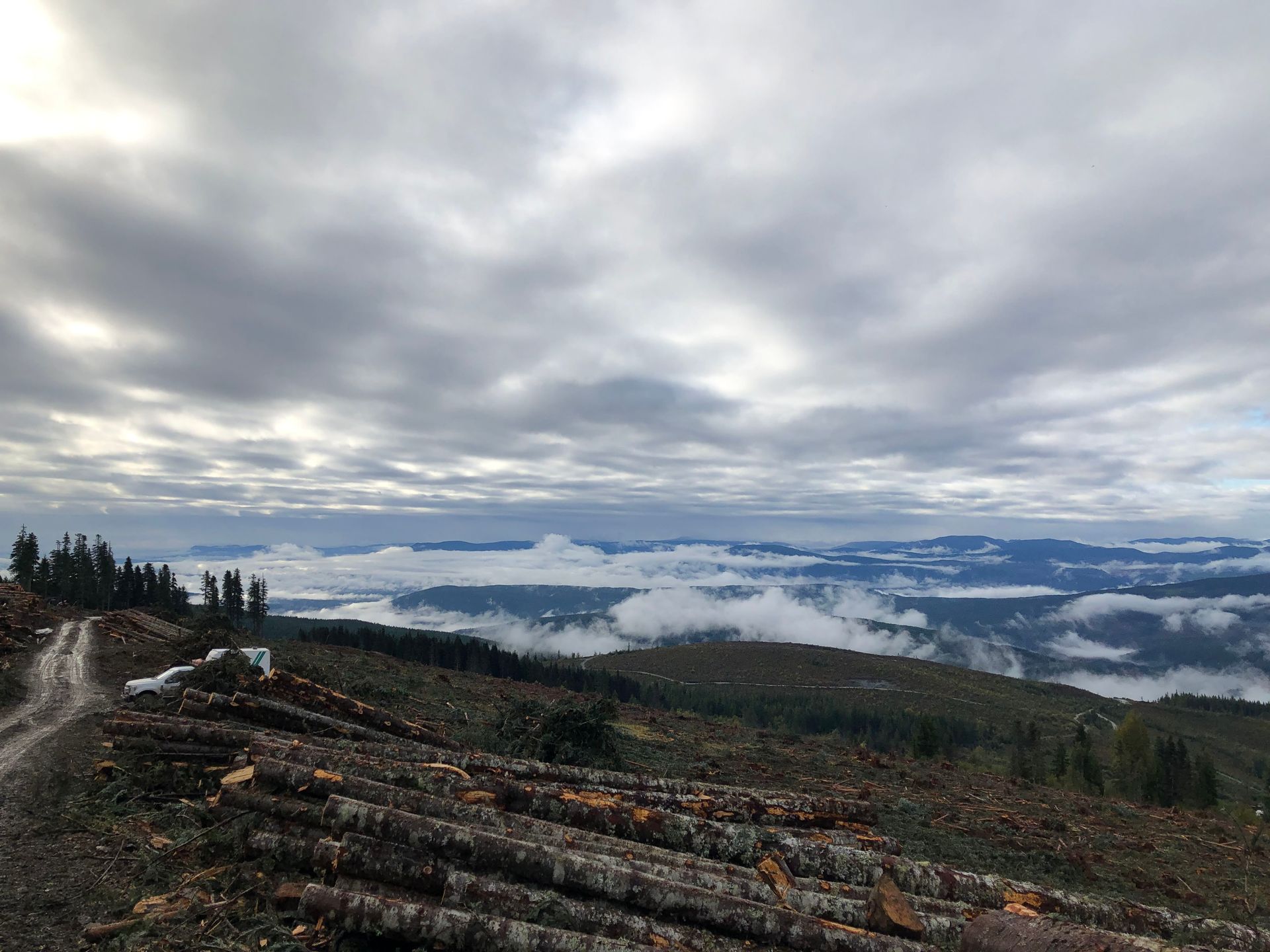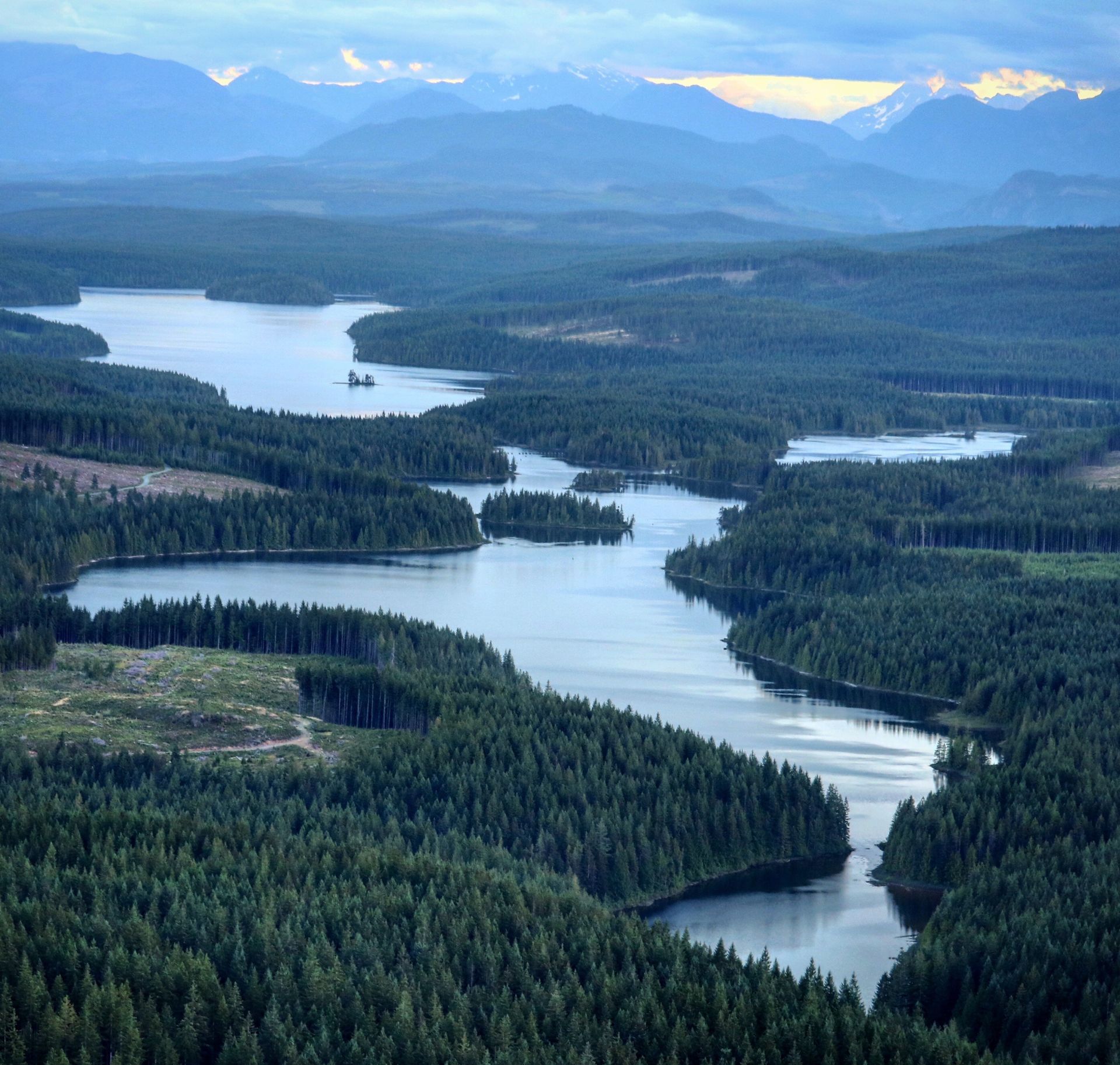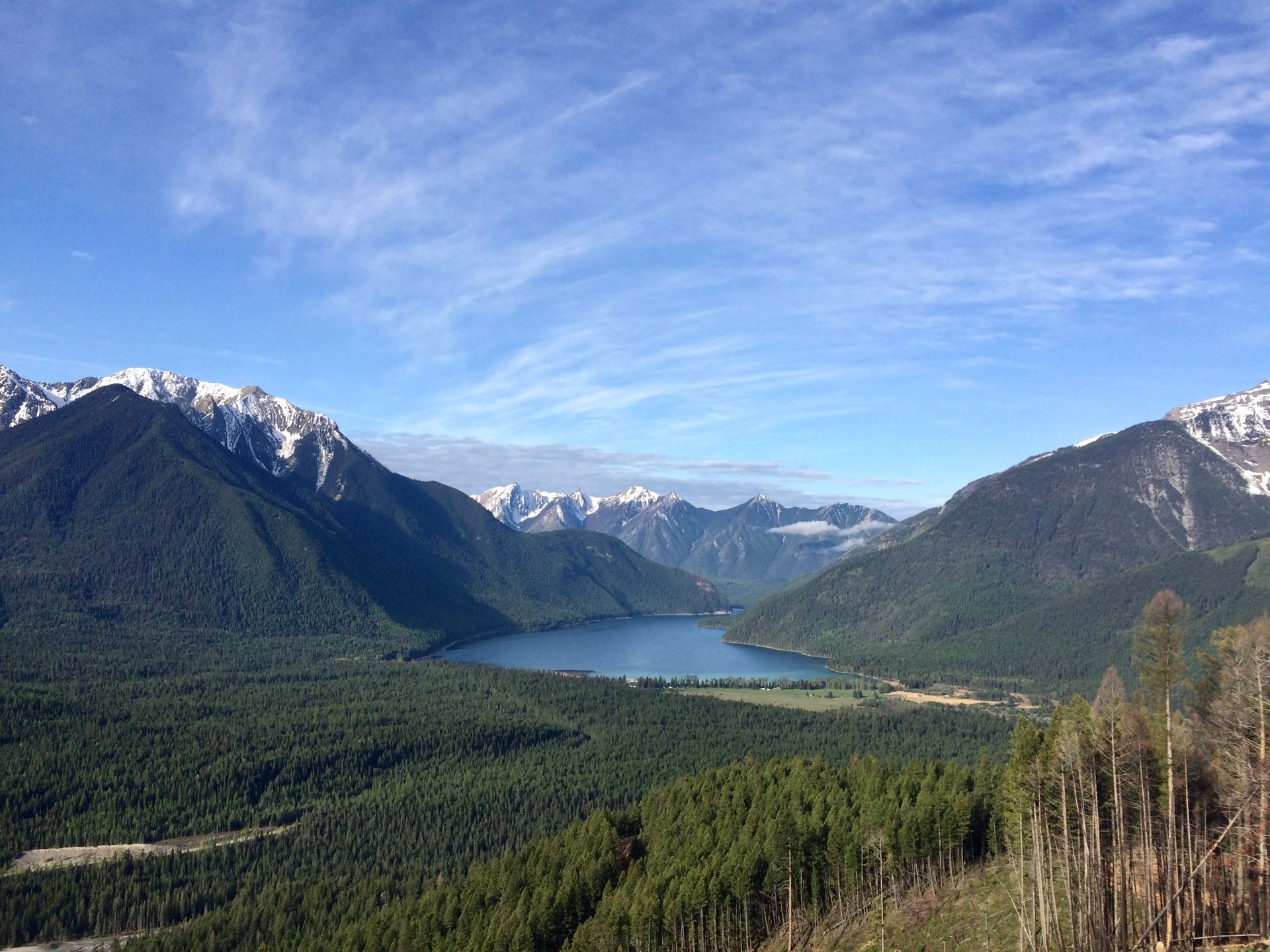
Zanzibar is an industry leader in British Columbia silviculture
Land Acknowledgement
“On Vancouver Island, we acknowledge that we are on the traditional and unceded territory of the lək̓ʷəŋən speaking peoples, today known as the Esquimalt and Songhees Nations, Malahat, Pacheedaht, Scia’new, T’Sou-ke, W̱SÁNEĆ (Pauquachin, Tsartlip, Tsawout, Tseycum) peoples, the K’ómoks First Nation, including Sathloot, Sasitla, leeksun, Puledge, Cha’chae, and Tat’poos Peoples, Snuneymuxw, Snaw-naw-as, Quw’utsun, and Tla’amin First Nations.
In the Lower Mainland, we acknowledge that we are on the traditional and unceded territory of the xʷməθkʷəy̓əm (Musqueam), Sḵwx̱wú7mesh Úxwumixw (Squamish), səl̓ilw̓ətaʔɬ (Tsleil-Waututh), QayQayt First Nation, Kwantlen, q̓íc̓əy̓ (Katzie), Semiahmoo, Tsawwassen First Nations, kʷikʷəƛ̓əm (Kwikwetlem), and Stó:lō Nation.
In the Cariboo region, we acknowledge that we are on the traditional and unceded territory of the T’exelcemc and Tsq’escenemc.
In the Thompson-Okanagan region, we acknowledge that we are on the traditional and unceded territory of the Nlaka’pamux People, Syilx Peoples, Secwepemc Nation, Simpcw territory St’at’imc Nation territory that includes Nxwisten, Ts’kw’aylacw, Sekw’el’was, Lil’wat, Chalath, T’it’q’et, Xaxl’ip, N’quatqua, Xa’xtsa, Skatin, and Samahquam.
In the Kootenay region, we acknowledge that we are on the traditional and unceded territory of the Ktunaxa, the Kinbasket (Secwepemc), Syilx, and Sinixt Peoples.
In Northern B.C., we acknowledge that we are on the traditional and unceded territory of the Lheidli T’enneh, Haida, Tsimshian, Nisga’a, Haisla, Gitxsan, Wet’suwet’en, Tahltan peoples, and on Treaty 8 territory, lands of the Sicannie, Slavey, Dene and Dane-Zaa, Cree, Saulteaux, and Métis.”
Statements taken from: https://bctlc.ca/land-acknowledgements
Cariboo
New Paragraph

Cascades
Zanzibar has planting crews in various locations throughout the Cascade/Okanagan region every spring, surrounding the Merritt/Princeton area and throughout the Okanagan Valley, from Vernon to Penticton. Our main clients are Tolko, BCTS, and MOF, with some smaller woodlots and other private clients. The planting is as varied as the landscape, including some very technical and steep ground, fire impacted areas (both regen and mature stands), and traditional clearcuts with site prep. Planting specifications in this area can be complex: due to the forest composition, the planting often includes a mix of four to six species, selecting the best seedling for the micro-geography within the setting, as well as specific microsite selection for species preference and shade/drought management, and obstacle planting due the abundance of cattle grazing in the area. Planters can expect opportunities for high production, but this will be coupled with a requirement for attention to details through the planting programs. The planting season typically starts in mid-April as the snow retreats from lower elevations, and finishes with hot-lift summer trees in mid to late July on the highest elevation areas.
In partnership with local First Nations, NGOs, and the provincial and federal government, Zanzibar is in the early stages of substantial environmental restoration projects throughout this area. These projects are primarily occurring on fire impacted sites, to manage and restore watersheds, enhance forest biodiversity, with special attention to traditional uses and practices of indigenous peoples. In addition, we are doing trials on flood impacted areas and fallow agricultural sites. These projects offer new and varied approaches to silviculture work, relationship building and partnerships, and a fresh perspective to working in our forests. As well as planting seedlings, these projects require site selection and layout, danger tree assessment and mitigation, trail building, wild seed collection, and post planting stand monitoring, providing a diversity of employment opportunities and career development.

Coastal
Zanzibar operates on the South Coast, in areas surrounding the Lower Mainland/Sea-to-Sky and on Vancouver Island, in the early spring and late summer/fall. Primary clients include BCTS, MOF, private licensees, and local First Nations.
Planting on the coast is as technical as can be found in the province. Sites are often steep and challenging, with very specific microsite specifications. Weather conditions are often wet and cold, the work more physically demanding than conventional interior spring planting. Use of helicopters to distribute seedlings and/or to access the site is common. Planters entering this landscape for the first time need to expect to encounter a learning and growth period in their planting development. For this reason, we typically limit the number of inexperienced coastal planters each season. However, for individuals that are looking for more year round silviculture work, our coastal operations offer the opportunity to extend the work season to as long as eight months of the year.
In addition, in collaboration with our sister company, Cariboo Carbon Solutions, we are developing ecological restoration projects on the south coast. These projects target trial planting of unconventional/non-traditional timber species and aim to consider biodiversity and ecological health, carbon sequestration, climate change resiliency, as well as historical forest composition, and the uses of traditional peoples.

Kootenays
Zanzibar has been working in the East Kootenays since the early ‘90’s. Our main focus is tree planting, but also performing silviculture surveying, beetle probing, brushing, cone picking, and wetland restoration in the picturesque Purcell and Rocky Mountains.
Our contracts include working with Canfor, Pacific Wood Tech, BCTS, FESBC, Private Woodlot Owners as well as Carbon Sequestration programs.
We have crews planting out of several locations in the valley: including Golden, Radium, Canal Flats, and Kimberley. Canal Flats is home to Zanzibar’s only remote camp operations. With the camp being in the same location for the past 30 years, it is the longest operating silviculture camp in the province.
We plant a variety of ground; from valley bottoms to up over 2000 m, fire impacted stands, raw and prepped ground. Obstacle planting is utilized as the prime micro site with appropriate tree species selection.
Our planting season (snow dependent) usually runs from Mid-April till June 21, with a limited number of summer trees being planted at the end of June and into July.


Head Office
204-1801 Welch St
North Vancouver, BC
Canada
V7P 1B7
604-216-7766
South Cariboo Office
776 Alpine Avenue
100 Mile House, BC
Canada
V0K2E3
All Rights Reserved | Zanzibar Holdings Ltd.
